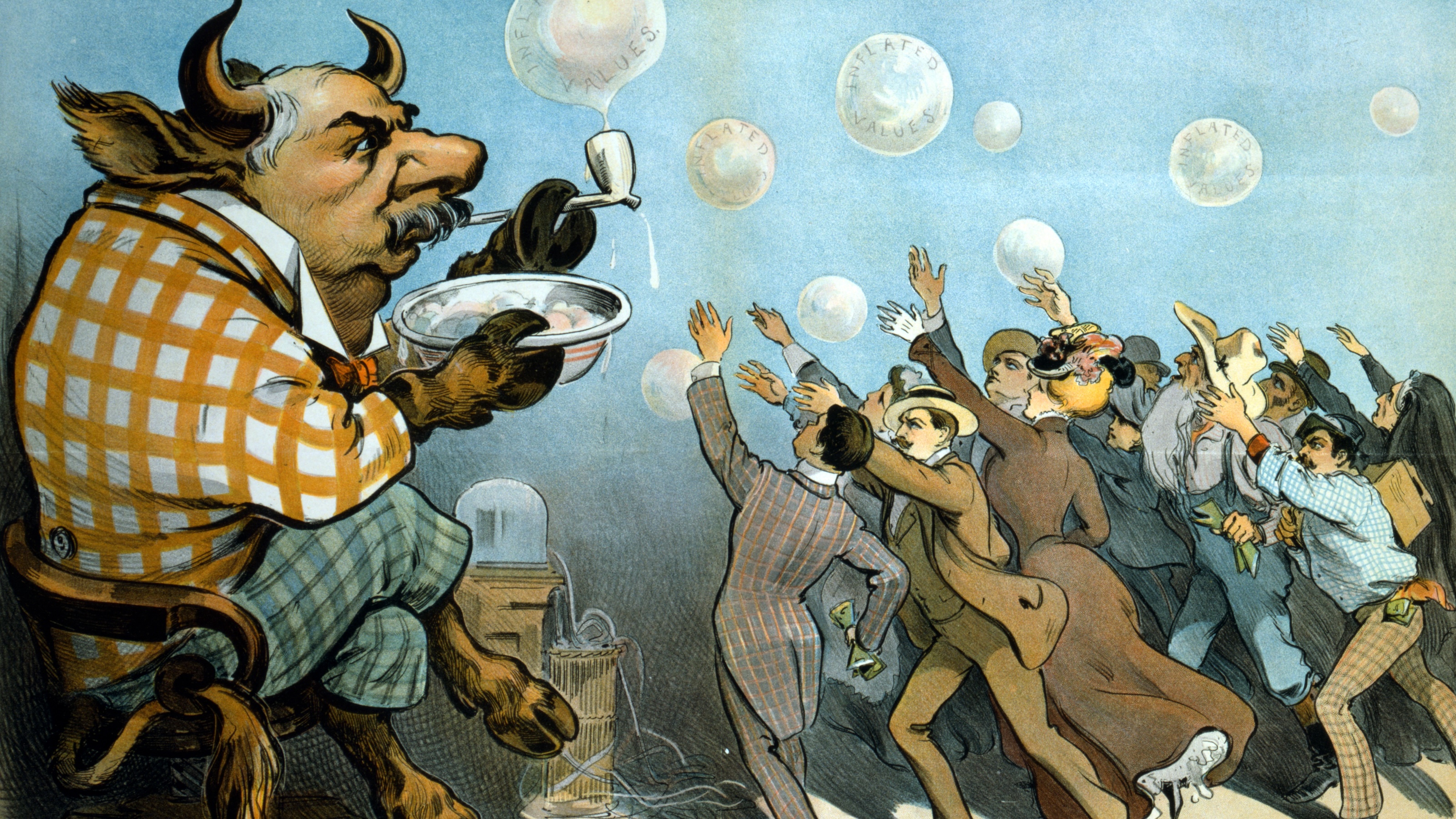Fauci, on the cost effectiveness of preemption.
Question: How does the media affect the practice of medicine?
Anthony Fauci: Well I think the media has a very powerful influence on almost anything and everything we do, because the general public gets their perception of what is going on in things they don’t have immediate access to from what they get through the media.
I think the media can be a very positive influence by essentially holding people to task about the importance of high quality medical care. And when the media is scrutinizing you, then I think that’s a very good, positive thing for the field of medicine.
Also, the media makes the world and the general public aware of advances that may be of benefit to them much sooner than if it trickled down through the usual channels.
So if you look at our society today with the media in general, and in particular with the Internet, the degree of sophistication of the general public about their health, what’s out there for them, the kind of things they need to avoid if they do get into a situation with a health problem, the kinds of things that are available to them, is really unprecedented.
So the role of the media is really huge.
Recorded on: July 6, 2007





